Italy, 2020. Summer between the two pandemic waves. I was a recently graduated engineer looking for his first job and receiving ridiculous low-paying offers coming from big companies.
Being sure that "startup" meant the opposite of "consulting", I've started to look for anything interesting in that field. As a young ambitious person working in a fast growing startup I can say that I'll carry some happy memories and hard truths, especially in my new beginning as a founder.
In the 2+ years I worked at Scalapay, here are the top 10 lessons I learned. The last few points are specific about my experience as a Product Manager.
----------------------------------------------------------------------------------------------------------------------------------------------------------------
TL;DR
- Scalapay was one of the best places to learn the startup mentality in Italy.
- The people you hire in the first 18 months make or break your success. The most important skill for a founder is to have the right intuitions about people
- A healthy startup culture is made by three things only: clear vision, freedom and self-responsibility.
- Not everyone has the same goals in life as you do: be ready to empower people, accept when things slow down and embrace radical candor.
- The only important thing when building software is to talk about the problem and the people for whom you’re trying to solve.
- Never ever talk about a possible solution: let other people amaze you
----------------------------------------------------------------------------------------------------------------------------------------------------------------
Startups must embrace uncertainty and roll with it
I remember how excited I was during the first interview with what - at the time - was a pretty small (10 people) fintech startup that was looking to add a new person to take off some operations. They just needed someone, fast. The whole process took a few days, and in just 8 days from the first call I was in Milan already.
In hindsight, they took the right call hiring me, for reasons we'll see later, but at least half of the people that were onboarded during that same period didn't fit the culture or the required skills. Don't get me wrong: in the first days, only half of the hires turned out to be a mistake and that's definitely a success. You learn who’s a good fit and who’s not with some trial and error.
My biggest learning is that first hires make or break a startup, even more than founders. You MUST hire young people craving for freedom and self-responsibility, transmit company culture without imposing it on newcomers and accept that most of the times you’ll do mistakes
At the end of the day, vision is nothing without other people believing and dreaming with you. As a founder you can’t have total control of the people that come across and that can feel frustrating: but if you get the first ones right, everything else will come naturally. There’s no other option than going fast and crossing your fingers.
Hire for operations, grow for attitude
The tasks I was hired for was basically merchant support and frankly kind of beneath my studies. The first few months had nothing to do with product, more to do with cleaning up things, talking to customers, fixing bugs.
I couldn’t care less though: nobody was telling me how to do things. I quickly understood how to take care of my tasks in a quarter of the time and I had plenty of time to take care of anything else. I had open access to basically everything (startup security yay) and I was able to snoop around, look for things to improve, show my value wherever possible.
No one was forcing me to: but the entire environment was built to reward creativity and curiosity. What I learned at that time echoes into my mind now. During my first months in Scalapay I worked alongside plenty of people with clever minds and extreme creative thinking. Hire and work beside people that are smarter than you, that go the extra mile to find clever solutions and that plant the seeds for a mentality not based on immediate high-quantity output but on long term strategic thinking.
Say “yes” to everything, even when you have no idea of how to do it.
If you are in a startup with the right mentality, mistakes, even big ones, are in the order of business and happen daily. No one in their right minds will judge or shout at you if you don’t make the same mistake twice. Piece of advice: when this happens, just leave.
My strategy when I started was both simple and stupid: I constantly lied about doing something, for two main reasons.
First, startup founders have no time to teach (and sometimes don’t even know how to do something, that’s why they hired you after all!). Secondly, I personally find it more satisfying and interesting smashing my head onto a wall for several hours. That’s how you actually learn the most.
The task is even easier now that the web is flooded by tutorials, blog posts and tools of any type. On this topic: did you already take a look at our Tools Hub?
People need freedom and self-responsibility: optimize for both.
After a few months of being the do-all, fix-all I started to get bored. All of my weekly tasks were completely automated thanks to an ingenious combination of no-code tools and scripts and I was basically working three hours per week. My direct line manager (Scalapay’s Head of Product) quickly understood it and quickly offered me to switch all of my efforts into helping to build the product team in Milan. At the time I had little to no experience in Product Management, just theoretical knowledge coming from studies and articles.
That kind of management style is something I can’t wait to reenact at Zefi. Leave people the complete freedom to choose the kind of job they want to do, according to their skills, and self-responsibilize them at the same time.
This is a recurring theme in my experience there, and it’s the same for my colleagues at the time. Managers realize that productivity is stagnating due to a lack of accountability and offer exciting new options and stuff to deal with.
Beware that employees that quit asking questions are bored people: and if people get bored, they start to look elsewhere.
Surround yourself by highly ambitious and sincere people
I know, this is always true, but it’s even more important in a startup environment. As much as we dislike it, the first two years of life in a startup are all about solving problems, finding clever 80/20 solutions and making sure that people around you are not slowed down or blocked but nurtured.
I realize that the more a startup grows, the less this “moving fast” attitude can keep its momentum but the key for success is to make people thrive in a complex and constantly changing environment.
How do you do it? By having colleagues around you with completely different perspectives that are united towards the same goal. Communication is key: I never felt like we were fighting over limited resources. Instead, by openly sharing objectives, knowledge gaps and mistakes everything that I did had the potential to contribute to someone else’s success and vice versa.
I learned that taking personal credit is less important than creating a link between people that build something together. When people start being louder than others, that’s when you’re set up for failure and real contributors fall off the joyful ride.
Eliminate knowledge silos: is hard but fundamental
When I actually started working on my first internal product, I quickly realized that I couldn’t possibly keep up with all the maintenance work, the automations, help anyone that asked and perform my job as a product manager at the same time. The company had grown blazingly fast - we went from 10 to 70 people in 9 months - and people had to laserfocus on their own goals.
The old times of everyone being in the same room and communicating constantly were basically over.
It was hard for me to let go. Being one of the first employees gives you a sort of wise aura. Lots of the internal processes of the company are created completely by yourself and it feels nice to be the ultimate “key master” of a company. But now that money, high-skilled people and time was on our side - it was obvious that lots of things had to be rebuilt to ensure they wouldn’t collapse.
It’s kind of necessary to avoid documentation and just build stuff that works with glue and stitches but a big learning point is for sure this one: never underestimate the size of knowledge silos in your company. They help you go fast at the beginning but can slow down a whole department if something horribly wrong happens.
It took me another 12 months to successfully spread my knowledge of internal processes over multiple people and not without effort.
Give complete trust and freedom of action to new people
So, finally I had ownership over a specific piece of the complicated puzzle that a soon-to-be unicorn company was. Suddenly, it was my turn to work side by side with different people, inspire them and just let them be free to do whatever was necessary.
To be honest, at the beginning it was nearly impossible. I am the kind of product person that also knows how to code - so it was hard for me to not go and check the pull requests developers were pushing out of the door. I was constantly snooping, asking specific questions and proposing different solutions. In hindsight, I should’ve just shut up and let people do their own things.
Even when this leads to suboptimal results, people feel satisfied when they’re empowered. I learned that one thing is to appreciate freedom from “above”, a different one is actually being the first one to give trust.
Different people work at different speeds
This is something I’ve understood but still didn’t fully implement even in my current work life. I know for a fact that “velocity” isn’t a good indicator of a job well done or intelligence. The thing is that for the first part of my career - and then again now that I became a founder - I was used to doing things as fast as possible, pushing out things as soon as they were working and then maybe come back to that later, if I had time to.
My instinct fails here and I have to keep reminding myself that building a great product and not an MVP, takes time, resources and patience. I learned to take a deep breath and be ready to accept that when the size of the team doubles, and then doubles again, and then again - resources become limited and experimenting becomes slower over time.
And that’s not necessarily a bad thing - because it gives you power and time to strategically thinking long-term
“Make sure that you are seeing each person on your team with fresh eyes every day. People evolve, and so your relationships must evolve with them. Care personally; don’t put people in boxes and leave them there.”
The Head of Engineering in Italy was a continuous source of inspiration and learning for me - even if he wasn’t my direct line manager. He has some great skills: hard worker, smart, he’s able to let most of the things go - but chooses his own battles. Talking about his management style will take me another article, so I won’t.
When he understood that I was soon going to leave the company he told me to go and read “Radical Candor” as a fundamental book for anyone who wants to become a leader. He basically told me I wasn’t ready yet to manage people - but that no one is, when it happens.
Thanks to this reading - and his actions on the daily work - I learned to care personally for each and every individual that finds themself working with me. It’s something you have to carefully repeat and remind yourself every day.
Communicate vision, inspire solutions, build stuff
As a final note here’s something I learned just as I was leaving Scalapay, at the end of 2022. The solution you have in mind, as a product manager or as a founder, doesn’t really matter in the end. What matters is perfectly knowing what the problem is and who are the people you’re solving that problem for.
The most important thing I bring with me is this: have a clear vision of what the future will look like, in 5,10 or 20 years. Spend time talking to people about it and become the ultimate customer of what your company is building. If you do just this task right, the people that work with you will be automatically pushed into building a solution that is able to delight, inspire and surprise.
But this is a story for the next article. ;)














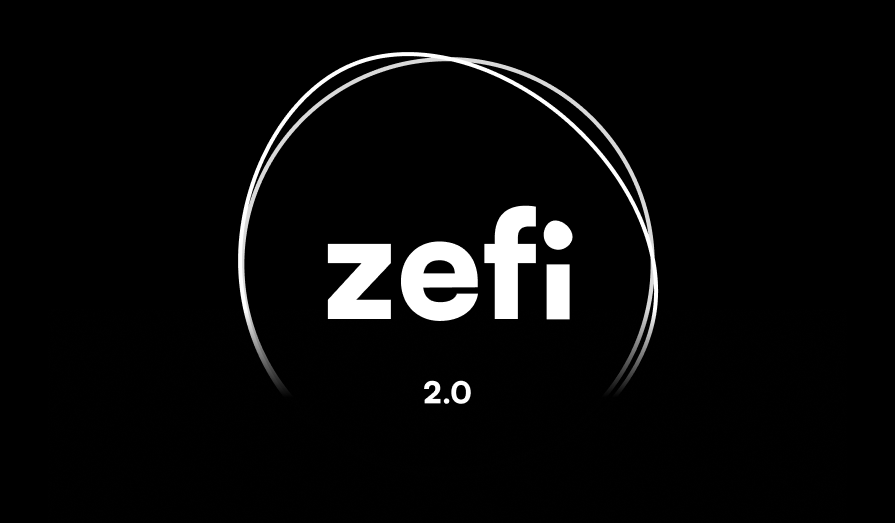

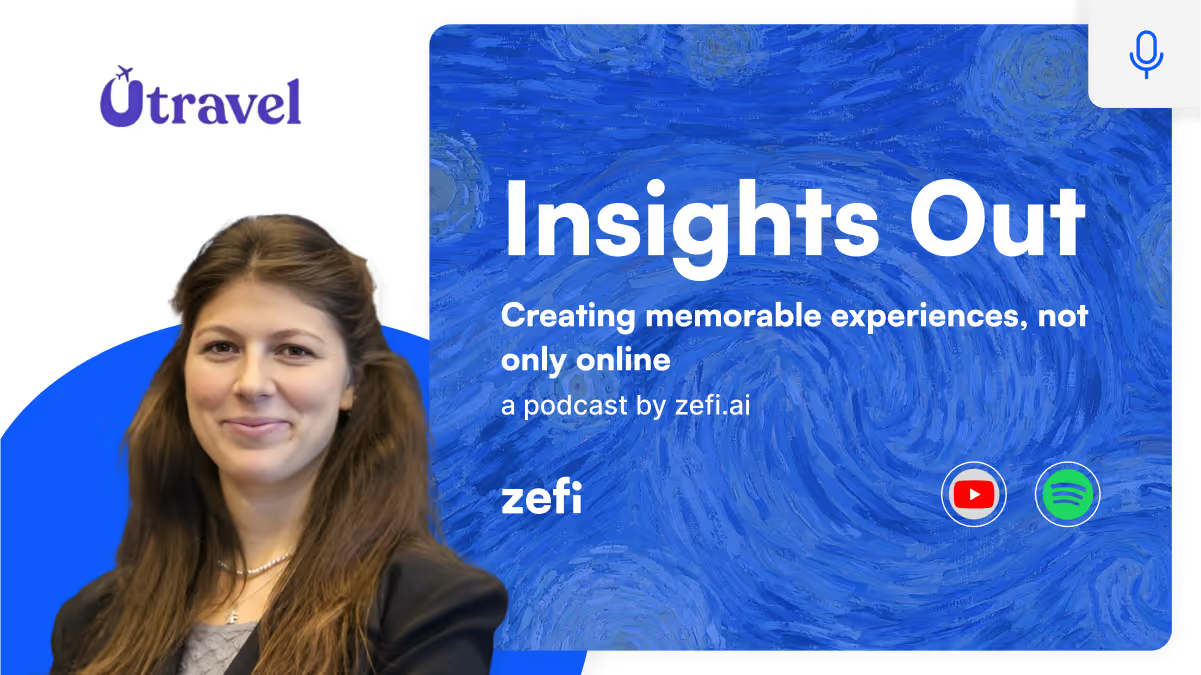


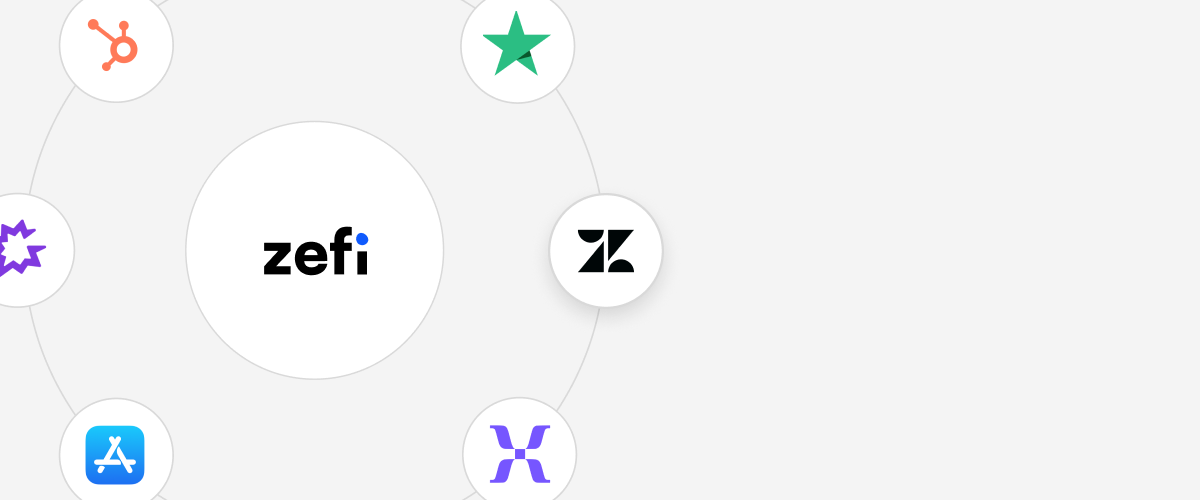
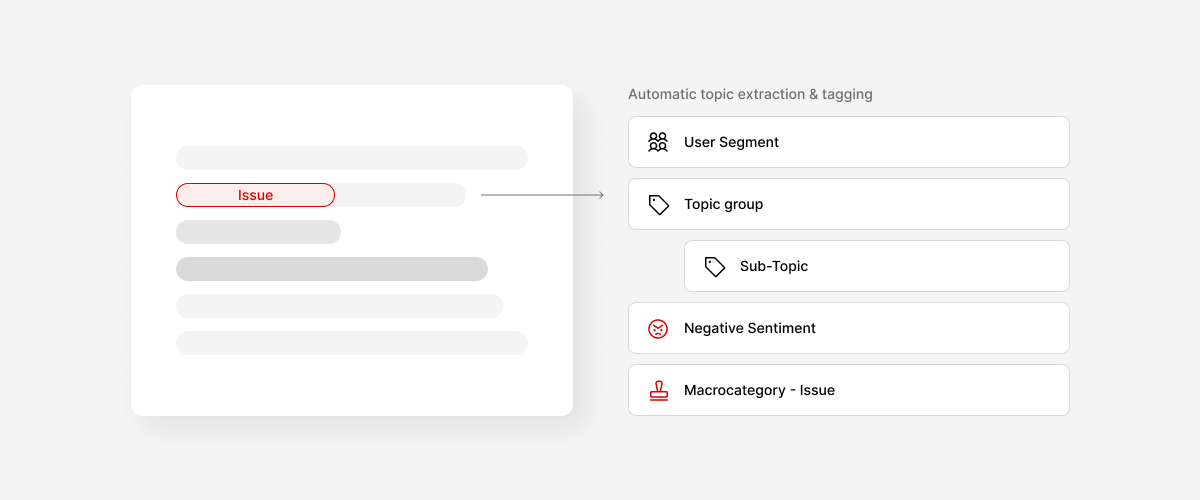

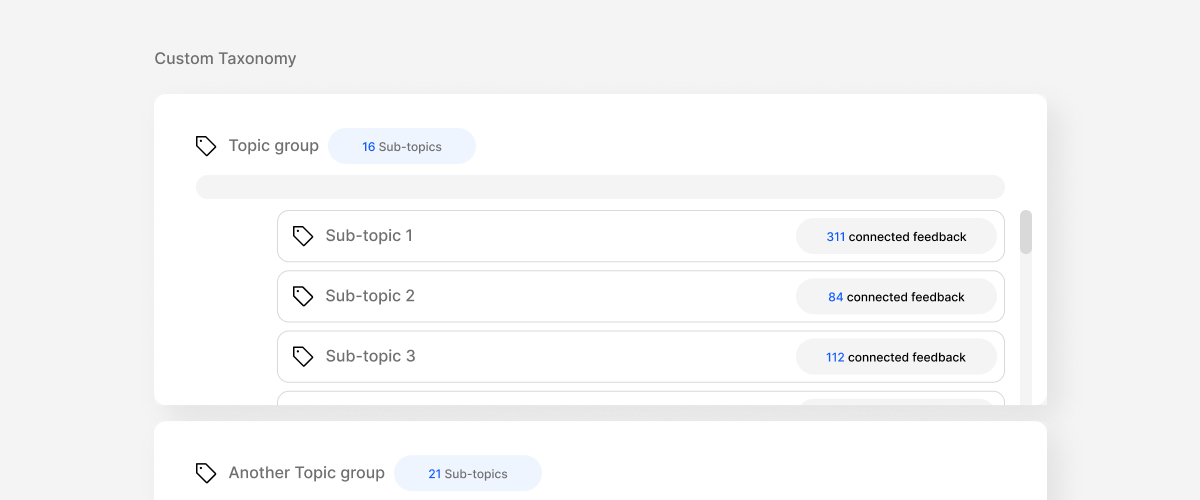

%20useless.png)



